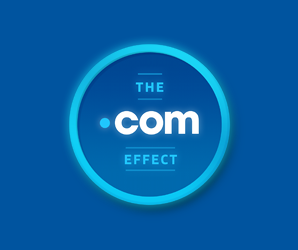Dropshipping is a retail fulfillment method where a store does not keep the products it sells in stock. Instead, when a store sells a product, it purchases the item from a third party and has it shipped directly to the customer. As a result, the merchant never sees or handles the product. This allows store owners to sell a wider range of products without having to worry about inventory management and fulfillment.
Dropshipping e-commerce, is a business model in which an online store sells products to its customers without holding any inventory. Instead, the store owner acts as a middleman, and purchases the products from a third-party supplier or manufacturer who ships the goods directly to the customer. The store owner only pays the supplier for the goods after they have been sold, and takes care of the marketing and customer service aspects of the business.
This business model is popular among new entrepreneurs and small business owners, as it allows them to start an e-commerce business with relatively low start-up costs, no inventory risk, and flexibility to sell a wide range of products. However, it also has its own set of challenges like shipping times and product quality control, which are dependent on the supplier.
E-commerce, or "electronic commerce," refers to the buying and selling of goods or services over the internet. This can include a wide range of activities, from purchasing physical products online to buying digital content or services. E-commerce businesses can range from small, family-owned operations to large, publicly traded companies, and can include retailers, wholesalers, and even manufacturers.
E-commerce is also known as online shopping, online retail, Internet shopping, web-shop, web-store, online store and e-store.










